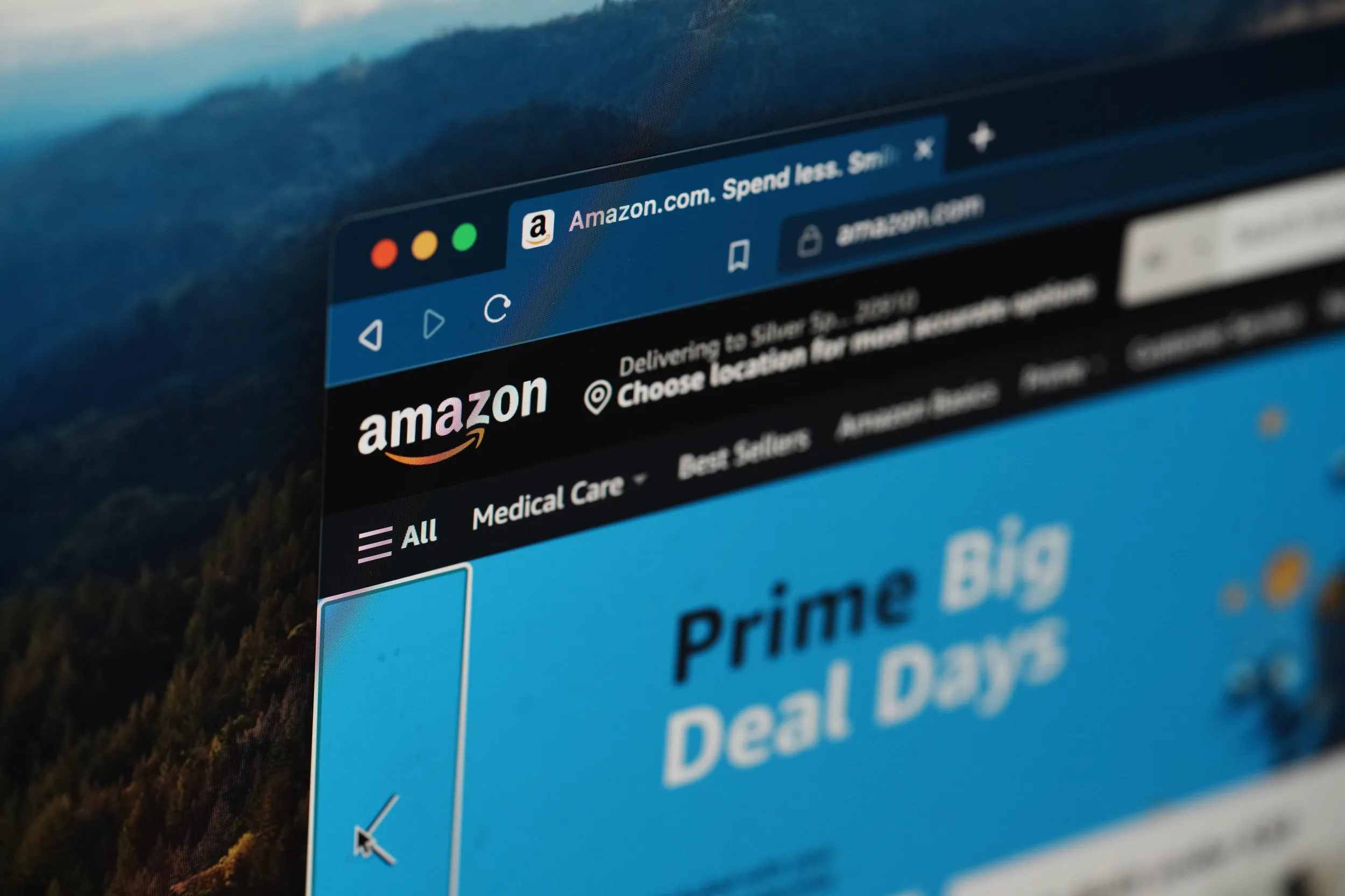Evolution of the Online Consumer: Q&A with Profs. Giuseppe Colangelo and Mariateresa Maggiolino
According to Giuseppe Colangelo, Jean Monnet Professor of European Innovation Policy, Associate Professor of Law and Economics at University of Basilicata, and TTLF Fellow at Stanford University, and Mariateresa Maggiolino, Associate Professor of Business Law at Bocconi University, consumers may be more engaged with online data collections practices than the general discourse would give them credit for.
In their latest paper, Profs. Colangelo and Maggiolino respond to whether or not online consumers are in fact as powerless as conventional wisdom would have us believe, and how the recent European Union regulatory interventions have begun to facilitate a policy shift from a model that assumes consumers do not understand how and why their data is collected, to a model that paints the consumer as a smart individual able to make conscious choices and to play an active role in the market.
DisCo spoke with Profs. Colangelo and Maggiolino to discuss their paper, and we summarize that conversation in this blog post. We recommend reading their full paper for a deep dive into some of the topics we discussed in our Q&A session.
DisCo: In your opinion, what is the European Commission (EC)’s objective regarding the data portability envisaged in the General Data Protection Regulation (GDPR), the open banking rule of the Second Payment Service Directive (PSD2) that has recently been implemented, as well as the Data Content Directive (DCD) that is being considered? Why would they be important for the future of the EU digital economy?
Authors: The recent regulations adopted by the European Union aim at giving consumers the power to manage their personal data and content to then become the true protagonists of their digital decisions.
Pursuant to Article 20 of the GDPR, each person has the right to have returned to them personal data they have provided to a company or organization on the basis of consent or contract; furthermore, each person has the right to have that data transmitted without hindrance from one controller to another (even directly where technically feasible). By complementing the GDPR, Article 13(2)(c) of the proposed DCD would allow consumers to retrieve all content provided by the consumer and any other data produced or generated through the consumer’s use of the digital content. Finally, the PSD2 introduces the access-to-account rule, which forbids banks from preventing their customers from giving their account data to other providers of payment initiation services and account information services. In summary, these provisions put individuals in the position to choose who shall use and analyze their (personal) data to then offer (better?) products and services.
Indeed, especially the data portability rights enshrined in the GDPR and the PSD2 share the same rationale of enabling and encouraging inter-platform competition in digital markets by lowering consumers’ switching costs and avoiding personal data lock-in.
DisCo: In your paper you discuss consumer empowerment and smart consumers. What do you mean by these concepts?
Authors: In general, although consumer empowerment holds several meanings across literature, the conceptualization which dominates the Western culture equates consumer empowerment with the power to choose and some neighboring rights, such as the right to be informed, the right to be educated, and the right to complain – the so-called “consumer voice.”
Thanks to the aforementioned regulatory interventions, EU consumers are enabled to make conscious choices not only as to the use of their data, but also as to who should work on them to provide new goods. Thus, EU consumers will be able to play an active role in digital markets and to become the protagonists of their digital lives, instead of passive bystanders. From this perspective, it can be argued that the EU has been experiencing a wave of regulatory interventions aimed at changing the paradigm of the digital consumer.
DisCo: How do the new EU rules balance privacy rights with the need to monetize online business models mostly based on online advertising?
Authors: In fact, we do not believe that there is a direct link between data portability rights and the existence of ad-driven business models, i.e. business models that rely on consumer data to provide the very same consumers with more personalized services and behavioral announcements. Having such a position would mean that ad-driven models thrive because consumers are locked-in or, because consumers cannot move their data from the first companies that have collected them. In reality, this idea has not been proven so far.
On the contrary, we believe that advertising-oriented business models will continue to exist regardless of the data portability rights which, rather, will lead to two other phenomena supporting the flourishing of data economy. First, they will encourage a market for data: businesses will incentivize consumers to move their data, by offering products and services in exchange for them. Second, consumers who will not transfer their data will have to be considered as those who have consciously chosen not to move them and therefore have voluntarily decided to stay with the companies that first collected this data.
DisCo: Even if consumers are given a larger role in how data is collected and used, does your paper assume that consumers would want to take on that responsibility or are there steps that need to be taken to engage users to take on that responsibility?
Authors: We believe that autonomy and self-determination are values to be protected; any individual must forge and build their own destiny and must then be accountable for their choices. Moreover, we doubt that there would be a regulation capable of preventing the many harms that a fragile consumer, who is incentivized to remain helpless, might suffer.
Relying on empowering individuals by giving them more control over their data, the European strategy stands to create consumers who are aware of the risks and potentialities of digital technology and are able to take advantage of the new rights in order to manage their data and digital identity. This would also eliminate some alibis: if in such an environment consumers continue to prefer incumbents, we will have to assume that those platforms will be the most efficient and innovative and will offer the most preferred goods. Indeed, by entrusting individuals with more control over their data and digital consumption choices, we will be able to say “in consumers we trust.”








